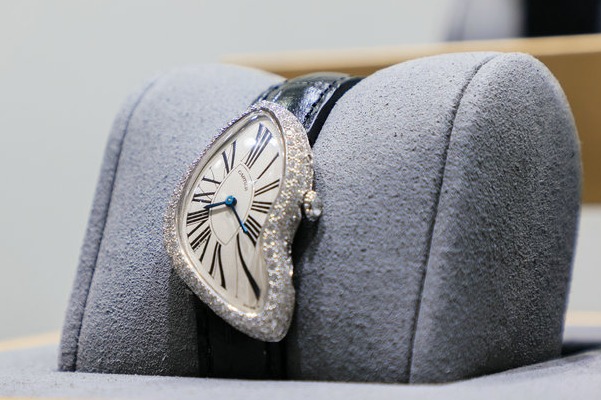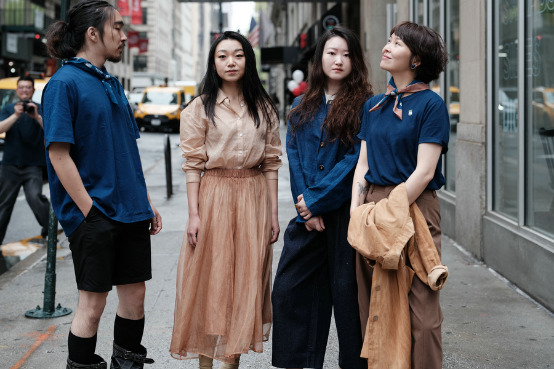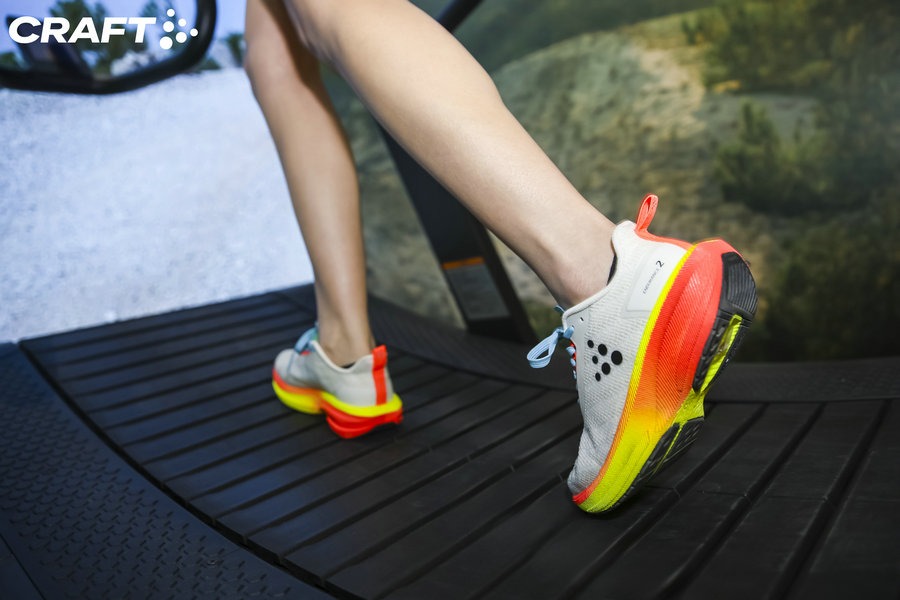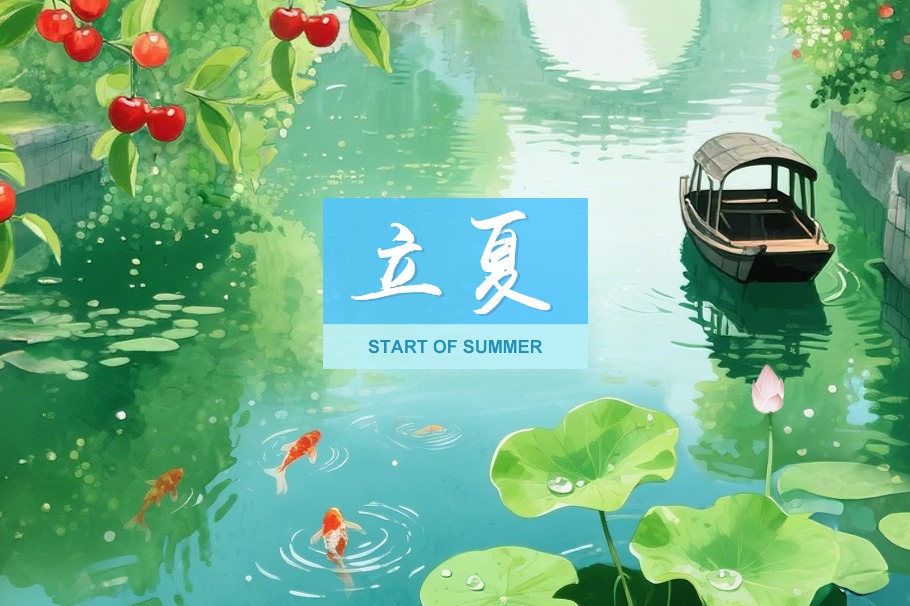A night market of healing
From pulse-taking to herbal remedies, global students dive into TCM's rich tradition at Liaoning's cultural night market.

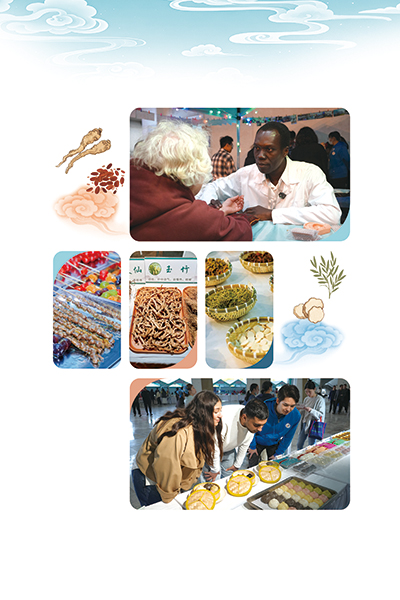
At the second Liaoning Traditional Chinese Medicine Cultural Night Market, Ghanaian doctoral student Nkrumah Seth skillfully took the pulse of an elderly woman at the free consultation area.
"Your pulse is a bit rapid. Do you have high blood lipids?" he asked, applying the four diagnostic methods — looking, listening, questioning, and pulse-taking — taught to him during his studies at Liaoning University of Traditional Chinese Medicine (LNUTCM).
Seth came to China in 2012 and began studying TCM after losing his mother to kidney disease. "I wanted to prevent similar tragedies," he said. "When I discovered TCM, I realized it not only treats illness, but also plays a crucial role in prevention, health maintenance, and rehabilitation."
This is Seth's second time participating in the TCM night market, which he sees as a valuable opportunity to improve his clinical skills.
"I can put theory into practice and interact with people of all ages and body types — which is essential for TCM's personalized approach," he said. "When I took that elderly woman's pulse, I sensed an inward-drawing quality, which often indicates high blood lipids. When I asked her, she confirmed my diagnosis."
After completing his master's degree, Seth returned to Ghana and applied his TCM knowledge to help combat the COVID-19 pandemic. Over the course of three months, he treated more than 200 patients, using up all 4,000 acupuncture needles and moxa sticks he had brought with him. He was also invited to speak on local radio about TCM practices for health preservation and disease prevention.
"I saw how effective TCM was for my people, and that inspired me to return to China for further study," he said. "In Africa, many diseases are related to weakened immune systems, and TCM excels at regulating immunity. In the future, I plan to open both a clinic and a training center in my hometown — not only to provide better treatment but also to train more TCM practitioners."
Healing through food
In another corner of the market, the "Five Elements Medicinal Diet "stall displayed colorful snacks. According to Lyu Xiaodong, Party secretary of LNUTCM, the idea is to combine the ancient Chinese philosophy of the five elements — metal, wood, water, fire, and earth — with traditional medicinal cuisine.
"Different colored ingredients correspond to different elements," she explained. "For example, green spinach buns represent the wood and benefit the liver, helping to soothe liver qi. Red dragon fruit buns are associated with the fire and the heart, symbolizing nourishment for the heart and calming the mind."
Hungarian student Liu Bao Oscar took a bite of a pumpkin-flavored steamed bun, part of the earth element series. "This is really unique — it's tasty, and it serves a health function. In Hungary, we separate food and medicine, but TCM blends the two," he said.
Liu's fascination with TCM began in childhood when herbal patches helped cure his digestive problems. Inspired by that experience, he came to LNUTCM at 22 to study the theories behind those treatments.
To refine his acupuncture skills, Liu practiced needling on himself. "When I first started, my hands would shake from nervousness," he recalled. "But with guidance from my teachers, I've learned to accurately locate acupoints and perform acupuncture with confidence and precision."
Through extensive practice, Liu has not only experienced the unique therapeutic effects of acupuncture firsthand but also become deeply fascinated by the profound theories behind it.
"The meridians, though invisible, run throughout the human body like rivers and seas across the Earth. Acupoints are like key intersections where these waterways meet," he explained. "Acupuncture works by stimulating these points to unblock the meridians and regulate the flow of qi and blood, helping to prevent and treat illness."
Back home in Hungary, Liu now uses acupuncture to support his family's health. "My aunt suffers from cold-damp arthralgia — she experiences joint pain throughout her body on rainy days. I use acupuncture to clear her meridians and improve circulation, which helps relieve her pain," he said. "That's the charm of acupuncture."
The night market also featured hands-on activities. In the traditional skills area, Thai student Nawaporn Maneelungka learned to make hawthorn pills — used to aid digestion — under the guidance of TCM instructors. Carefully blending hawthorn powder with boiled honey, she rolled the mixture into translucent balls, later sharing them with friends experiencing stomach discomfort.
"My friend was amazed at how effective TCM is, and that really motivated me to continue my studies," she said.
Maneelungka is currently pursuing a master's degree in integrated Chinese and Western medicine, with a focus on TCM beauty treatments, at LNUTCM.
With Chinese grandparents living in Thailand, she has always felt a special connection to Chinese culture. "Although I was born and raised in Thailand, when I first set foot in China, I felt a familiar sense of belonging, as if returning to a homeland I had long dreamed about," she said. "I plan to live and work in China after graduation, serving as a bridge for Thai-Chinese exchange and promoting communication between our peoples."
Global TCM legacy
This year, students from nine countries at the International Education College of LNUTCM participated in the night market. Liu Jingfeng, dean of the college, highlighted the growing global interest in TCM.
"After graduating and returning to their home countries, these students can help open new doors for the international application of TCM," he said. "At our college, we not only focus on professional knowledge but also encourage students to understand the cultural context behind TCM, so they can become ambassadors for Chinese medical culture."
Han Seang-guk, a graduate from South Korea, is one such ambassador. In 2002, at the age of 18, Han arrived in Shenyang with a dream of studying Chinese medicine. Today, he holds a Chinese physician's license and practices in China as a foreign doctor.
Beyond his medical work, Han is dedicated to community service. Along with fellow physicians who share his values, he founded the Ailin International Medical Team, which provides free medical care to local communities during weekends. His compassionate approach has won praise from patients and helped foster cross-cultural understanding.
The second Liaoning TCM Cultural Night Market, held over three days starting April 30, will travel to 14 cities across Liaoning from April to June. The event features four main sections — medical services, health preservation, cultural creativity, and industry — spread across 15 themed areas.
During the first three days, around 55,000 visitors received consultations, diagnoses, prescriptions, and treatments such as acupuncture, tuina (therapeutic massage), guasha (scraping therapy), and cupping. More than 100,000 participants engaged in interactive activities, including practicing traditional health exercises, sampling medicinal teas and wellness foods, rolling moxa sticks, crafting herbal sachets, and attending TCM lectures.
"TCM isn't just a treatment method — it's a way of living. I believe people around the world can benefit from learning about it," Seth said.
Liu Shicheng contributed to this story.

















